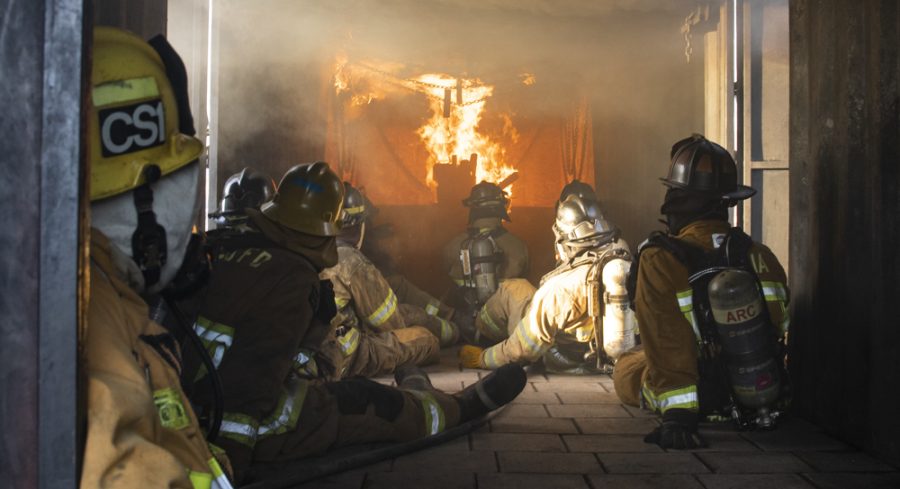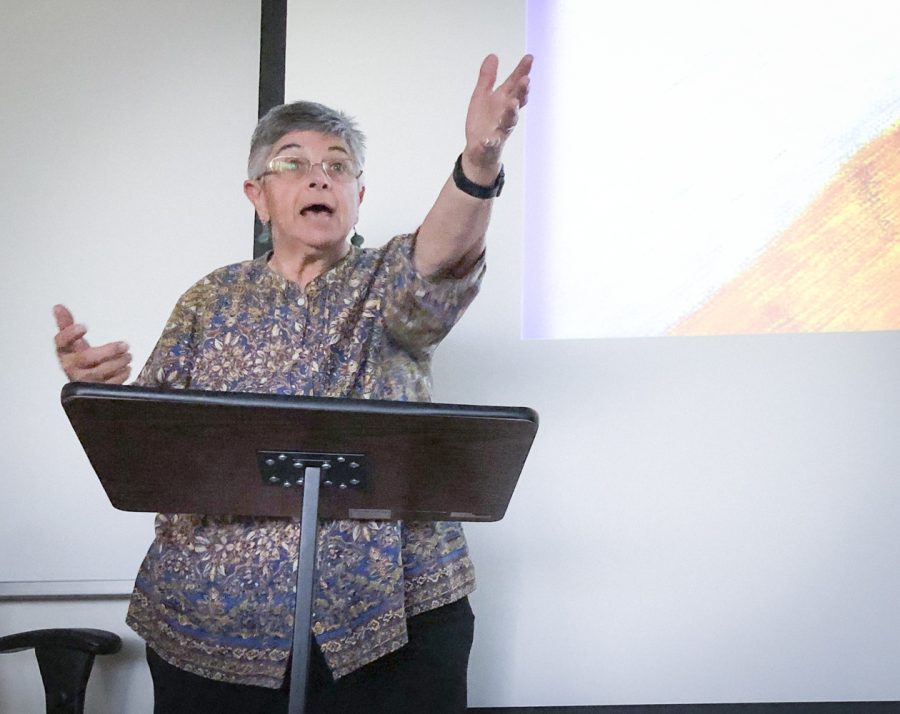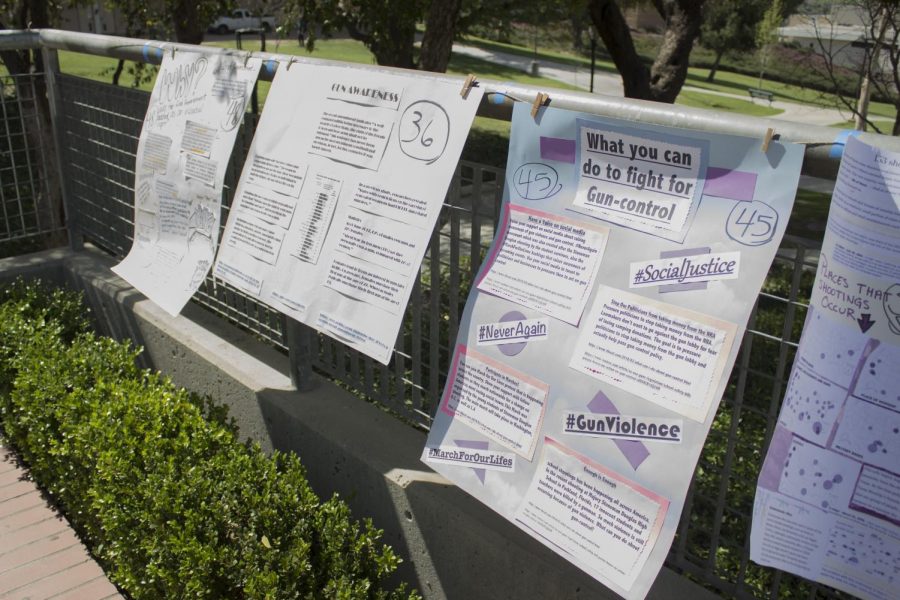Students who have over 100 units, are not in good academic standing, or are life-long-learners, have less priority in registration than others as of fall 2014.
California Community Colleges Vice Chancellor for Student Services & Special Programs Linda Michalowski said that people who have taken their classes already and are ready to transfer should move on.
“We are not saying that any of these students will no longer be served by the college,” said Michalowski. “But we are only saying that the priorities have to go to students who are coming in for a purpose and who are achieving that purpose and then moving on and making space for other students.”
These changes come on the heels of a regulation approved by the California Community Colleges Board of Governors in September 2012 stating that classes shall be available to students seeking job training, degree attainment, or are transferring to a four-year university and to reward students who make progress towards their educational goals.
The state of California is no longer willing to pay for students who are life-long-learners and those who are not actively pursuing their academic goals.
“These policies are huge,” said Michalowski. “This is a big change for the California Community Colleges and for California. In the past we’ve always said that anyone can come to community college, you can stay as long as you want, you can come and go. We have not had any limits like this in most cases. But that’s a by-gone era I’m afraid.”
Danish Elyas, 20, business and economics major, said that he knows a few people who these changes might effect and thinks that it sucks for those students.
“I don’t think that’s a good rule because if they are doing bad or have more than 100 units then they won’t get the classes they want,” said Elyas. “They won’t be able to go further.”
According to a press release sent out by the Community Colleges Chancellor’s Office, new students who have completed a college orientation assessment and developed educational plans as well as continuing students in good academic standing will now have priority over students who do not meet these criteria.
Veterans and active military along with current and past foster youth have the highest priority registration which is a state law. Students in Extended Opportunity Programs and Services and Disabled Students Programs and Services have the second-highest priority, which, according to the state, is not mandatory but is recommended. Continuing students in good academic standing come after this.
Every college has an appeal process for students who believe that they should have higher priority than what they are given.
At the end of the spring 2013 semester, the district will start notifying people if they are over 75 units or are on academic probation so that the students can plan their next year of school accordingly.





